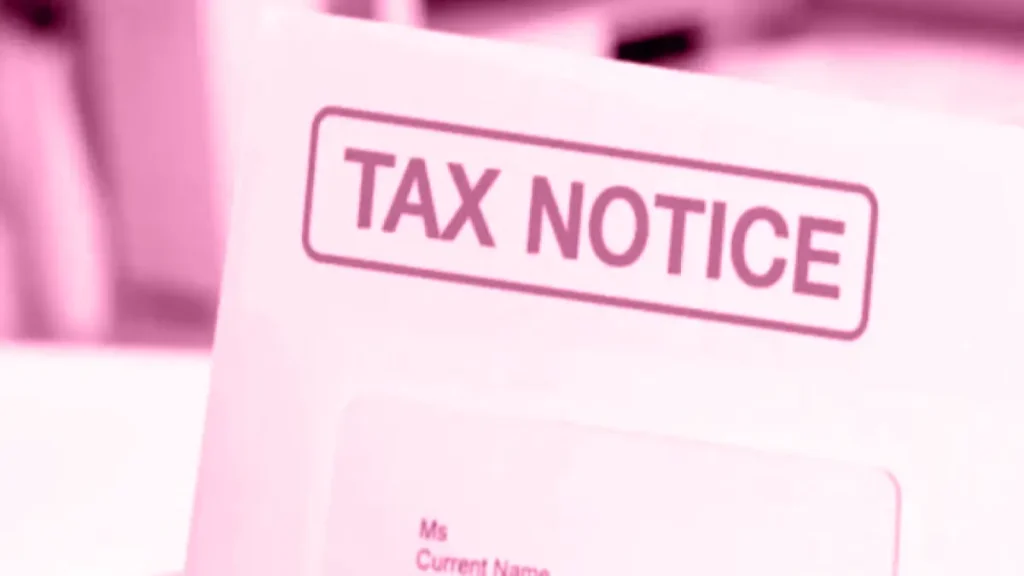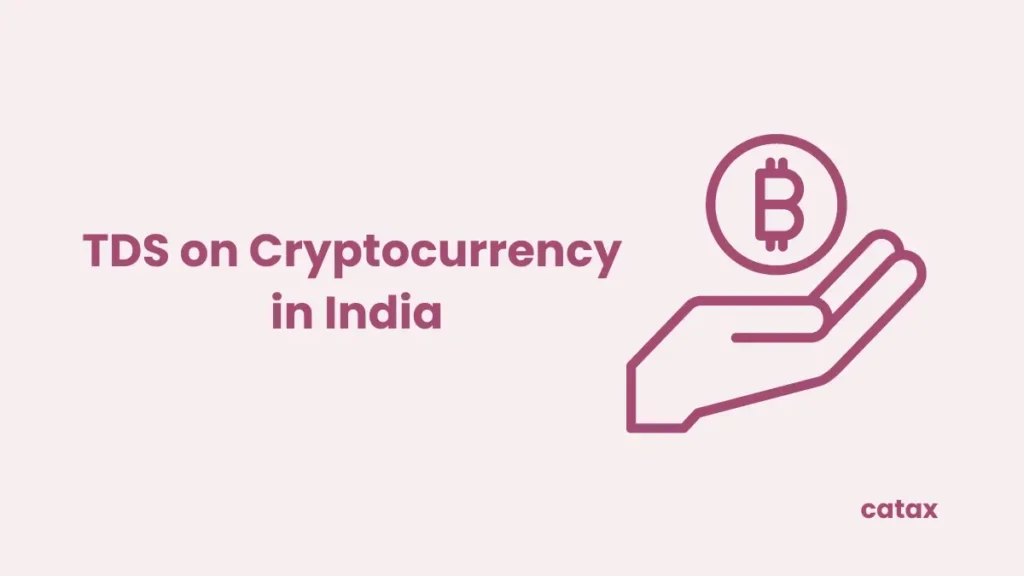In this new digital age, where technological improvements occur daily, scammers are also making various new methods to steal your hard-earned money. As the popularity of cryptocurrencies increases, so does the rate at which crypto frauds grow. Although cryptocurrency scams are not new, scammers are always looking for new methods to steal your cryptocurrencies. A record-breaking amount of crypto was stolen in 2021, according to a report by blockchain data firm Chainalysis. The scammers took $14 billion worth of cryptos in that particular year. Those with an interest in cryptocurrencies must be mindful of the related dangers. In this article, we will get to know all about crypto scams and also find out some of the ways we can use to avoid getting scammed.
What is a Crypto Scam?
Crypto scams refer to false activities or schemes within the realm of cryptocurrencies. Firstly, these scams exploit the decentralized and often anonymous nature of cryptocurrencies to deceive individuals and steal their digital assets. Furthermore, crypto scams come in various forms, including phishing attacks, fake ICOs (Initial Coin Offerings), and Ponzi schemes. Moreover, these scams aim to trick people into sending their cryptos to the scammer’s wallet, showing sensitive information like private keys or wallet passwords, or investing in false projects that promise returns that are not real. Consequently, individuals are advised to exercise caution and conduct thorough research before doing any crypto transactions or investments. As cryptocurrencies gain popularity, the number of crypto scams has also increased, wanting users to remain aware and informed to protect themselves from falling victim to such schemes.
Types of Crypto Scams
There are various crypto scams present in the market. They come in all shapes and sizes, some of the common scams include:
Fake Websites
Scammers may create official cryptocurrency wallets or fake trading platforms in the hope of misleading innocent victims. The domain names of these fake websites are typically similar but slightly different from those of the sites they intend to copy. They look like trusted websites so much that it is difficult to know the difference between them.
Phishing Scams
This scam is not something new in the market; rather, it has been going on for a very long time now. Phishing scams involve tricksters sending fake messages or creating fake websites that mimic official crypto services. The aim is to deceive individuals into showing their private keys or wallet passwords, thereby giving scammers access to their crypto assets. Initially, they convince users to visit a specially designed website where they have to submit private key information via email. Subsequently, after getting this information, the hackers move on to grab the cryptos stored in the wallets.
Ponzi Schemes
These scams promise high returns on investments in cryptocurrencies. In a Ponzi scheme, the scheme operator pays returns for older investors with the investments of new participants, rather than from legal business activities. This scheme involves making money by getting new members, who are often required to pay upfront for the opportunity to earn profits by recruiting others. These are a more recent form of cryptocurrency fraud and have gained a lot of light in the crypto industry. when a fraud makes a Ponzi scheme, commonly promising investors impossible profits, and subsequently runs away with all the capital that investors have contributed. Scammers may also create new coins on the centralized crypto market, promising investors incredible growth that never happens, and run away with their investors’ funds.
Pump and Dump scam
This involves fake individuals promoting a specific coin or token via social media (e.g., Telegram, Twitter, Facebook, or email blast). Afraid of missing out, traders buy the coins in a hurry, causing the price to increase. After successfully increasing the price, the fraudsters sell their holdings, causing a market crash due to the rapid loss of the asset’s value. This may occur in a matter of minutes or days.
Fake ICO scam
A fake ICO, or Initial Coin Offering, is a type of cryptocurrency scam where frauds create a false project and offer tokens for sale to investors under the guise of launching a new cryptocurrency or blockchain-based venture. In an attempt to establish reliability, they make complex websites and whitepapers filled with technical terms. In general, clients are assured of a reduction in the price of newly issued crypto coins as compensation for transferring active cryptocurrencies, such as bitcoin or another widely used cryptocurrency. To deceive investors, scammers have gone to great measures to undermine several initial coin offerings (ICOs), including renting illegal offices and producing expensive marketing materials. These scams capitalize on the excitement and potential profitability surrounding ICOs. Which are legal fundraising steps used by blockchain startups to raise capital. Fraudsters then disappear with all the Investor’s money.
Fake Giveaway Scams
Scammers conduct a giveaway scheme by claiming to match or grow the cryptos that has been sent to them. Messaging coming from a social media account that appears right may give a sense of urgency and credibility. Individuals who believe this is a “once-in-a-lifetime” opportunity may give funds rapidly in the desire for an immediate return.
Cloud Mining Scams
Cloud mining refers to firms that provide mining hardware rental services in return for a fixed payment and a claimed percentage of the profits generated. This ideally enables remote mining without the need to buy costly mining equipment. Many cloud mining companies, are false firms as you will either lose money or earn less than was initially promised.
Ways to Avoid Crypto Scams
Safeguarding oneself against cryptocurrency schemes necessitates a combination of awareness, knowledge acquisition, and careful behavior. The following are essential precautions to take to avoid becoming a victim of cryptocurrency scams:
Protect Your Wallet
For cryptocurrency investments, you must have a wallet that contains private keys. If a company requests these keys to allow you to participate in an investment, it’s a strong indication of false activity. It’s crucial to keep your wallet keys confidential. Never share your cryptocurrency wallet’s private keys, seed phrases, or other sensitive information with anyone. Store this information securely offline, preferably in a hardware wallet or encrypted storage device.
Beware of Social Media Adverts
In today’s world, people can believe anything they see on social Media. People need to be more careful in terms of investment perspective. Many scammers use social media to target investors with Ponzi Schemes and high-return schemes and along with it they use images of high-profile businessmen or businesswomen or celebrities which creates a sense of authenticity in the Investor’s mind. Many social media influencers also promote particular crypto for pump and dump schemes, which in return will give them profit in the end but investors will be the ones to lose the money.
Educate Yourself
Understand how cryptocurrencies work, including basic concepts like wallets, private keys, and blockchain technology. Stay informed about common scams and tactics used by fraudsters in the crypto space. Thoroughly research any cryptocurrency project or investment opportunity before committing funds. Look into the team behind the project, the technology being developed, the problem it aims to solve, and its potential for long-term success.
Enable Security Features:
Utilize security features offered by cryptocurrency wallets and exchanges, such as two-factor authentication (2FA), biometric authentication, and withdrawal confirmations. These extra layers of security can help protect your funds from unauthorized access.
Beware of Unrealistic Returns:
Be careful of investment opportunities that promise guaranteed or unusually high returns with little to no risk. If an investment opportunity sounds too good to be true, it likely is. Businesses that assure you of guaranteed profits or rapid wealth accumulation are often deceptive schemes. If an opportunity appears exceptionally favorable or promising, exercise caution before proceeding.
Stay Informed and Report Suspicious Activity:
Stay updated on the latest developments and news in the cryptocurrency space, including emerging scams and security threats. Following reputable sources and engaging with the crypto community can help you stay informed and identify potential risks. If you encounter a potential scam or false activity, report it to valid authorities, such as law enforcement agencies, or regulatory bodies.
How Catax help with coins lost in a crypto scam?
No matter what your tax office thinks about crypto scams, Catax can make the process of reporting your crypto taxes easier. First off, if you’ve lost any crypto to a scam, you can mark that loss in Catax. By doing so, Catax understands not to count this particular transaction when it’s calculating any profits or losses. This step makes sure that you won’t be wrongly taxed on money you’ve actually lost.
When it comes time to generate your crypto taxes, the report will have a special section for any crypto you’ve lost. This makes it easy to see all the details of that transaction and report it correctly to your tax office. Moreover, the report will give you a detailed look at the transaction, including when it happened, how much it was worth, and other important info. This is really helpful if you need to show proof of the transaction to the tax authorities.
Check out :
FAQs on Crypto Scams
A crypto scam is a fake scheme exploiting the decentralized and often anonymous nature of cryptos to deceive individuals and steal their digital assets.
In 2021, scammers stole $14 billion worth of cryptocurrency.
Common crypto scams include fake websites, phishing scams, Ponzi schemes, pump-and-dump scams, fake ICOs, fake giveaway scams, and cloud mining scams.
To avoid crypto scams, never share wallet keys, and beware of social media ads that promise you high returns. Educate yourself on cryptos, enable security features on wallets and exchanges, and stay informed about common scams.
Scammers use social media to target investors with schemes promising high returns, often using images of celebrities to create a false sense of authenticity.
If you meet a potential crypto scam, report it to valid authorities, such as law enforcement agencies, and regulatory bodies.
Catax allows you to tag lost cryptos in your account, ensuring it’s not counted in profit or loss calculations for tax purposes. Additionally, it gives detailed reports for tax filings, including transaction details for proof to tax authorities.



